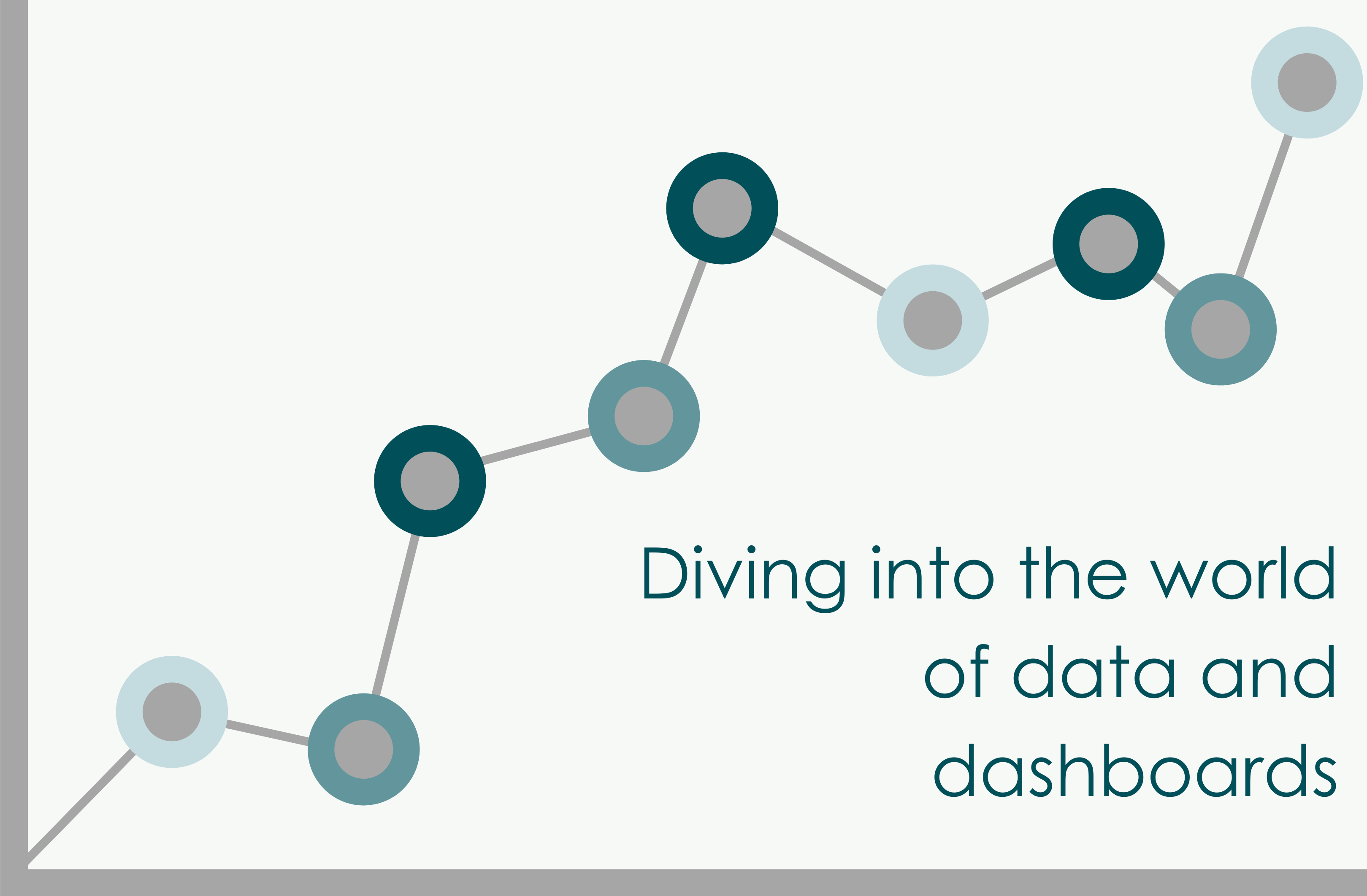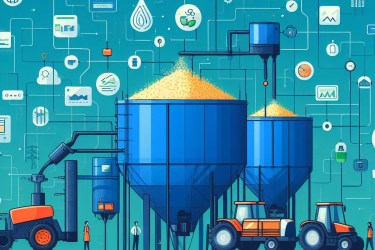By Emma Gough
When I breezily packed up my Promar desk over a year ago, to await the imminent arrival of my second child, little did I know how much the world was going to change over the next 12 months. Returning to work was, at times, like starting a new job. It was full of unexpected changes and some new hurdles to overcome.
It wasn’t until I got back into the flow of work, however, that I started to notice something familiar. Despite a global pandemic taking hold across the world and issues surrounding Brexit, businesses were still focused on growing and diversifying.
The food sector remained resilient. Over the years there have been several widescale issues that have affected this industry such as the global recession, climate change, and African Swine Fever, to name but a few. Each time the sector has learnt lessons, built itself up and battled on, and 2020 was no exception.
In one of the most turbulent years we have ever seen, our UK food industry remains strong, determined and ready for the future.
Digging into the data
This ongoing resilience would certainly be absent if agri-food businesses failed to have a clear grasp on their performance, the industry and insight into the market they’re immersed in. It starts by tracking data, such as historic trends, to help evaluate business structure, forecast future developments and, in turn, mitigate any repercussions.
Having a clear understanding and sense of direction is invaluable for companies at an individual level. Not only are they able to understand how they can be impacted by underlying market dynamics, they too can steer their business in preparation for international events.
All businesses operate in a global environment and can be impacted by factors outside of their industry and location. It’s important to recognise, understand and interpret these global changes, bringing it back to an individual business level and creating appropriate business strategies. This includes future purchasing, inventory management and the anticipation of an increase or decrease in input costs.
Working in one place
For precision, it is valuable to hold all data and industry insight in one place, for example on a dashboard. Inputting data, including prices from across the globe, onto a central location will help businesses to track early signs of market disruption overseas and to strengthen their proposition. This is essential for those businesses that want to be early adopters and leaders within their field.
A dashboard offers wider business benefits too.
1 – Let’s not forget that having all key information in one place will be essential for saving time spent on searching and formatting data.
2 – When it comes to producing reports and information for key stakeholders, such as investors, having a dashboard is valuable. Businesses will have a way to easily and quickly collate the numbers, at any moment.
3 – With a clear and accessible view of data, staff and/or customers can stay informed too. This is critical to business success and will help to provide clear guidance.
4 – Companies should consider linking a dashboard to their own data sources as well. It provides the perfect platform to gauge and assess how a business is performing against key trends.
5 – Finally, businesses will be able to look ahead and evaluate their future. Accumulating a large volume of specific data in one place will help to provide accurate and robust future forecasting.
A constant learning curve
Let’s face it, we have certainly not seen the last of global issues. To keep up, agri-food businesses need to match the complexity, ingenuity and flexibility of the international food industry.
It’s going to be a constant learning curve and one that the sector will have to continue to overcome. So far, businesses have been resilient and have overcome these obstacles. But the hard work isn’t over, and companies can’t take their feet off the pedal. They need to remain determined, to have clarity and visibility of their performance and the market they work in, and to evaluate how their business fits within the global industry.
After all, if we’ve learned anything over this past year, it’s that a robust approach is extremely business-critical in today’s climate.
If you would like to learn more about how bespoke market dashboards can have a positive impact on your business and future strategic decisions, then please get in touch with our Agri-Food Consultancy team. We develop interactive market dashboards that are tailor-made to fit our client’s needs, as we feel it is important to fully understand each client’s business and what they want to get out of our reports.







